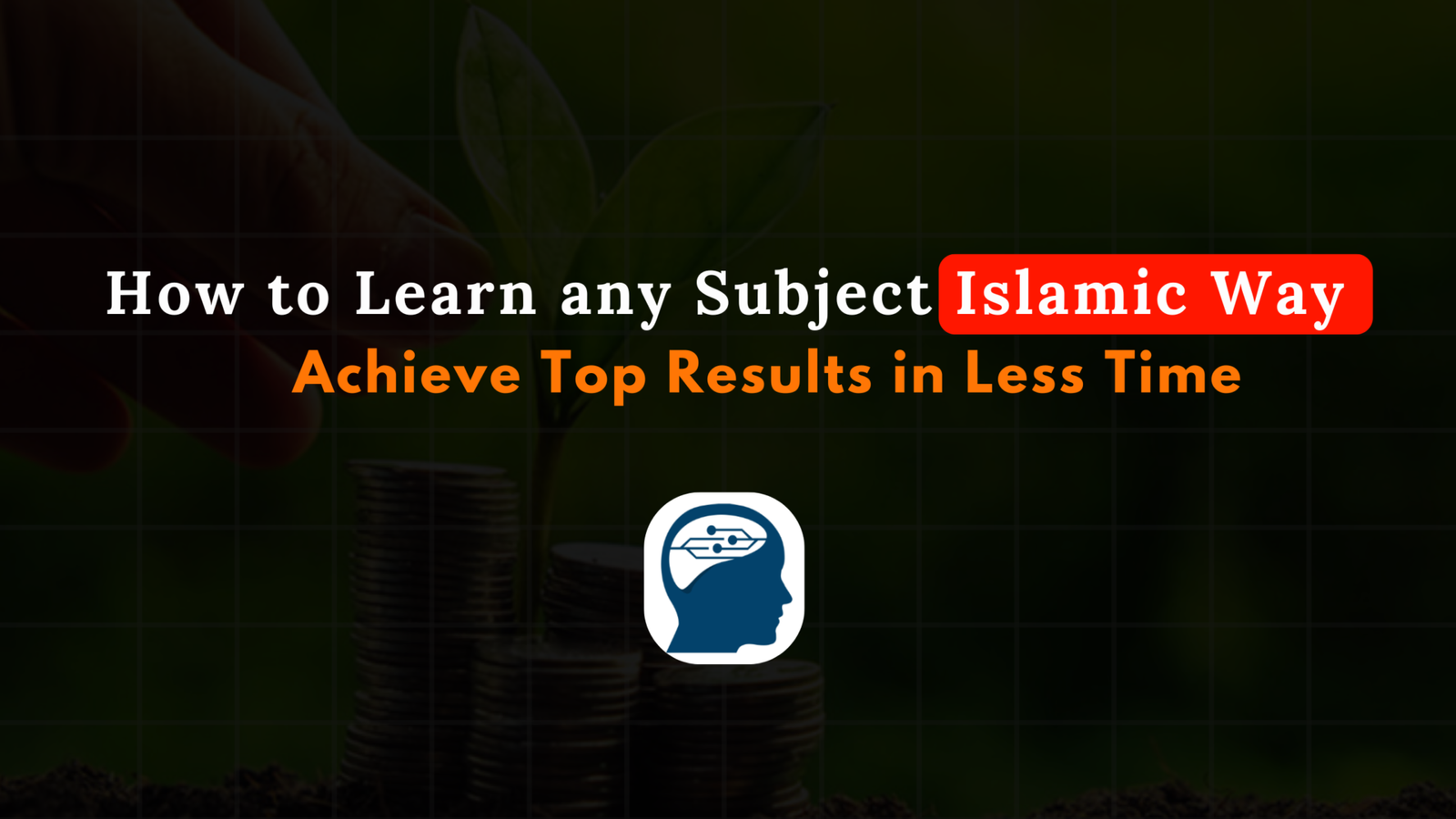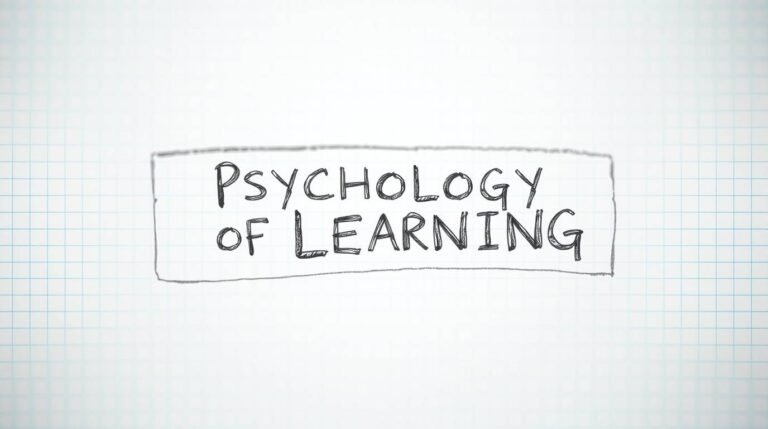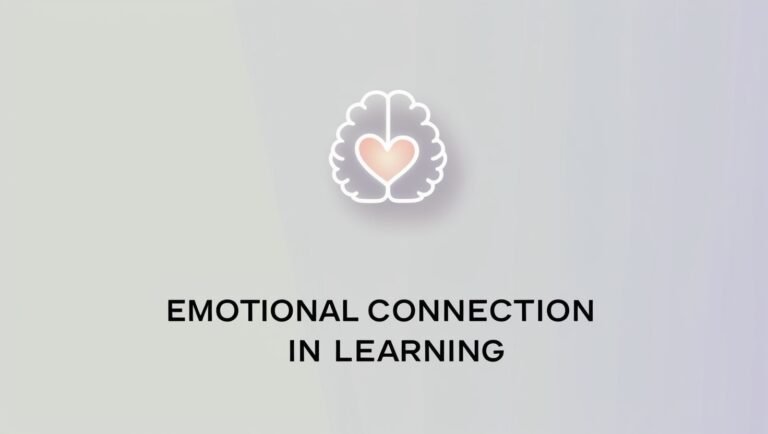In today’s fast-paced world, learning has become a necessity for success. Whether it’s Physics, Chemistry, Math, Biology, English, or History, mastering these subjects is essential for academic achievement. But how can we approach this process efficiently, while maintaining the Islamic principles of knowledge acquisition? In this blog, we’ll explore how to learn productively in a short period of time using Islamic methods. These techniques will not only help you finish books faster but also ensure that you get top results in your exams and studies.
The Importance of Learning in Islam
Before diving into the specifics of learning Physics, Chemistry, Math, Biology, and other subjects, it’s crucial to understand the emphasis Islam places on acquiring knowledge. The Quran encourages seeking knowledge with sincerity:
وَقُل رَّبِّ زِدْنِي عِلْمًا
“And say: My Lord, increase me in knowledge.” (Surah Taha, 20:114)
Prophet Muhammad ﷺ also said:
“Seeking knowledge is an obligation upon every Muslim.” (Sunan Ibn Majah, Hadith No. 224)
Islamic teachings stress not just religious knowledge but also understanding the world around us, including subjects like Physics, Chemistry, Math, Biology, and History. Let’s now see how Islamic methods can help you study more productively.
Set a Clear Intention (Niyyah)
Before starting your study session, make sure you have a clear intention (niyyah) that your learning is for the sake of Allah. Studying Physics, Chemistry, or Math with a pure intention can transform your study session into an act of worship. The Prophet ﷺ said:
“Actions are judged by intentions, so each man will have what he intended.” (Sahih al-Bukhari, Hadith No. 1)
By aligning your studies with Islamic values, you can achieve both worldly and spiritual success.
Break Down Big Tasks into Manageable Sections
One of the key principles for learning efficiently, whether it’s Chemistry, Biology, or History, is to break down your study material into smaller chunks. The Prophet ﷺ advised against overburdening oneself, as he said:
“The best deeds are those done regularly, even if they are small.” (Sahih al-Bukhari, Hadith No. 6464)
For example, when studying Math, rather than attempting to master an entire chapter in one sitting, focus on smaller sections, such as formulas or specific types of problems. Similarly, when learning Chemistry or Biology, go topic by topic—this allows your brain to absorb the information more effectively.
Time Management: The Power of Barakah (Blessing)
Managing your time efficiently is one of the keys to learning productively in subjects like Physics, Chemistry, Math, or Biology. The Islamic way encourages a balanced schedule. You can implement the following tips:
- Wake up early: There’s barakah (blessing) in the early hours. Prophet Muhammad ﷺ said:
“O Allah, bless my nation in their early mornings.” (Sunan Ibn Majah, Hadith No. 2233) - Set a study routine: Allocate specific times for Physics, Chemistry, Math, and other subjects. Stick to your routine and avoid distractions. A fixed schedule will create consistency in your learning.
- Take breaks: It’s important not to burn out. Short breaks between study sessions improve focus. Apply the Islamic principle of moderation even in your studies.
Use Active Learning Techniques
Engaging actively with your subjects will help you finish books faster and achieve top results in subjects like Physics, Chemistry, and Biology. Active learning includes:
- Summarizing: After reading a section from your Physics or Math book, summarize it in your own words. This helps with retention.
- Teaching others: The Prophet ﷺ said:
“Convey from me, even if it is one verse.” (Sahih al-Bukhari, Hadith No. 3461)
Teaching someone else what you’ve learned from Chemistry or History solidifies your understanding. - Ask questions: Don’t be afraid to ask questions or seek clarification, whether it’s for Math problems or historical facts. Inquiry is essential to mastering any subject.
Eliminate Distractions: Focusing on Your Purpose
In the age of digital distractions, staying focused is harder than ever. However, the Islamic approach to learning emphasizes deep concentration. Allah ﷻ says in the Quran:
فَإِذَا فَرَغْتَ فَانصَبْ
“So when you have finished [your duties], then stand up [for worship].” (Surah Ash-Sharh, 94:7)
This verse encourages us to focus completely on the task at hand. When studying, put away your phone, close unnecessary tabs, and focus only on Physics, Chemistry, Math, or whichever subject you are learning. Deep work helps you finish your books and material faster.
Consistent Du’a (Supplication)
While learning any subject, always remember to ask Allah for help. Whether you’re solving a difficult Math equation or memorizing key concepts in Biology, du’a is a powerful tool. The Prophet Muhammad ﷺ used to recite this du’a:
“O Allah, I ask You for knowledge that is beneficial.” (Sunan Ibn Majah, Hadith No. 925)
By making du’a regularly, you will feel more confident and capable in your learning process.
Stay Physically and Spiritually Healthy
Finally, remember that your productivity in learning Physics, Chemistry, Math, and other subjects is also tied to your physical and spiritual health. Stay hydrated, get adequate sleep, and keep your heart connected to Allah through regular prayer and dhikr (remembrance of Allah). These practices ensure that you are in the best mental and physical state for learning.
Conclusion: Achieving Top Results the Islamic Way
By following these Islamic principles, you can master subjects like Physics, Chemistry, Math, Biology, History, and English in a productive and efficient way. Set clear goals, stay focused, and make the most of your time. More importantly, maintain your connection with Allah throughout your learning journey. With the right approach, you can achieve top results within a short period while staying true to your faith.
Incorporating Islamic teachings into your study routine will not only help you finish your books faster but also ensure that you gain both worldly success and spiritual reward. Start applying these tips today to maximize your productivity and learn Physics, Chemistry, Math, and more the Islamic way.
By using this Islamic framework, learning Physics, Chemistry, Math, Biology, and other subjects becomes not just an academic pursuit but an act of worship. Through intention, time management, active learning, and du’a, you’ll achieve top results, finishing your study books faster and more effectively.




